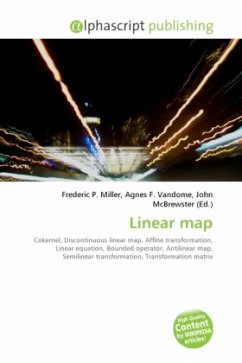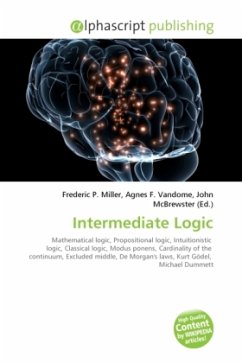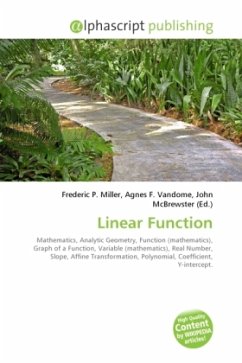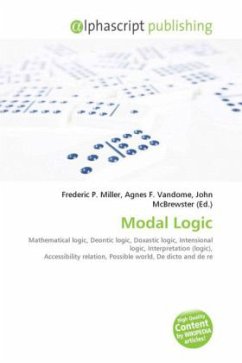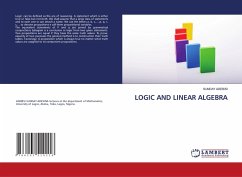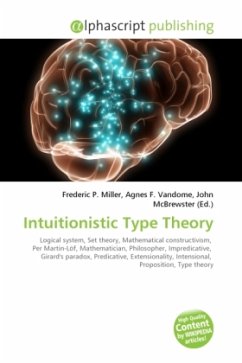
Linear Logic
Versandkostenfrei!
Versandfertig in 6-10 Tagen
26,99 €
inkl. MwSt.

PAYBACK Punkte
13 °P sammeln!
Linear logic is a substructural logic proposed by Jean-Yves Girard as a refinement of classical and intuitionistic logic, joining the dualities of the former with many of the constructive properties of the latter. Although the logic has also been studied for its own sake, more broadly, ideas from linear logic have been influential in fields such as programming languages, game semantics, and quantum physics, particularly because of its emphasis on resource- boundedness, duality, and interaction. Linear logic lends itself to many different presentations, explanations and intuitions. Proof-theore...
Linear logic is a substructural logic proposed by Jean-Yves Girard as a refinement of classical and intuitionistic logic, joining the dualities of the former with many of the constructive properties of the latter. Although the logic has also been studied for its own sake, more broadly, ideas from linear logic have been influential in fields such as programming languages, game semantics, and quantum physics, particularly because of its emphasis on resource- boundedness, duality, and interaction. Linear logic lends itself to many different presentations, explanations and intuitions. Proof-theoretically, it derives from an analysis of classical sequent calculus in the absence of the structural rules of weakening and contraction. (This has the effect that certain propositions which are classically/intuitionistically valid are not directly provable in linear logic, although both classical and intuitionistic logic can be encoded in linear logic by means of additional modal connectives,the so-called exponentials.) Operationally, the rejection of weakening and contraction can be seen as reorienting the subject of logic, from persistent truths to ephemeral resources.



